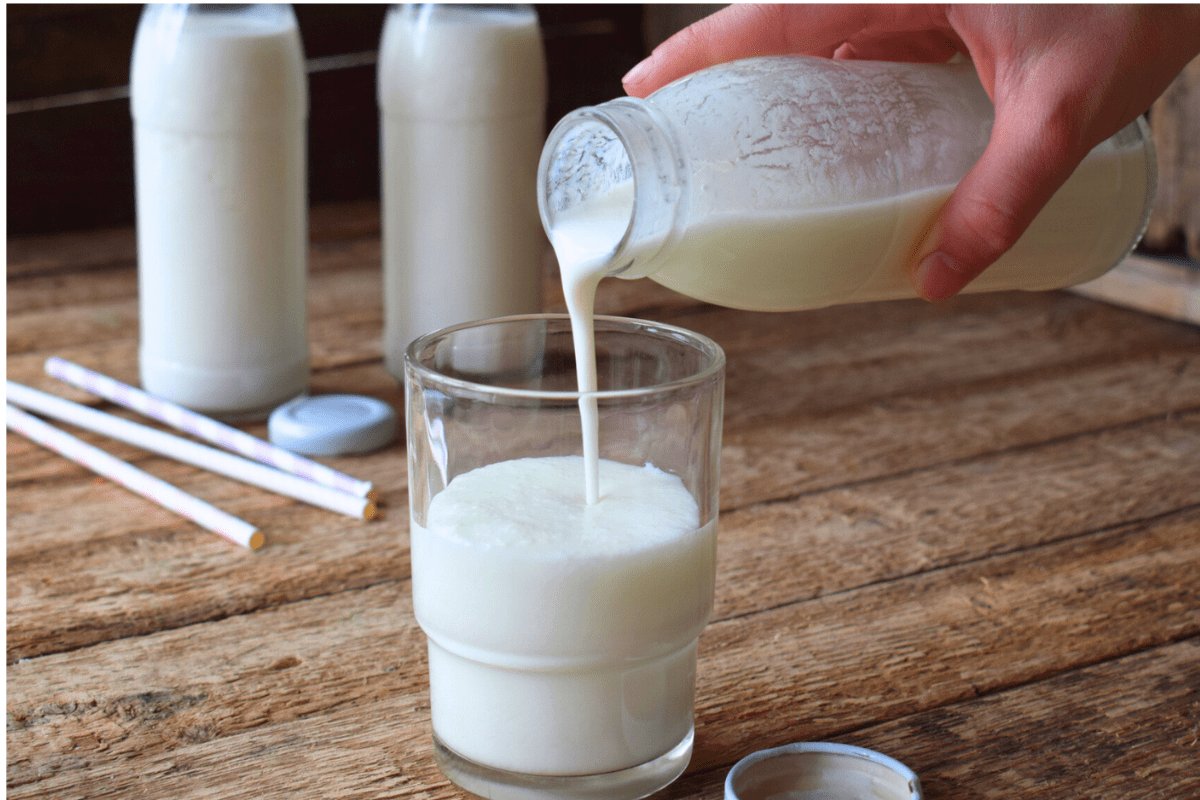Protein is one of the most important nutrients you consume every day – and dairy protein supplies 16% of U.S. adult protein intake when meeting the recommendation for 3 servings a day. These three servings help to rebuild, maintain, and repair body tissues, such as muscle.
What is Protein?
Protein is one of the 3 major macronutrients (the others are fat and carbohydrates) that is made of building blocks, called amino acids. Amino acids build protein and protein builds muscle, therefore protein is essential to building muscle mass.
Dairy foods, like milk, yogurt and cheese, naturally contain high-quality, complete protein. This means dairy has all of the amino acids that are needed to help repair and build muscle and keep you strong without needing it to be paired with something else. Inside of dairy, there are two types of proteins – whey and casein.
What is Whey Protein?
Whey is found naturally in milk and is separated out during the cheesemaking process. After separation the whey protein is pasteurized and then dried, which turns it into whey protein powder. Whey protein powder is used by itself or as an ingredient in many foods to increase the protein content.
Whey protein is a complete protein, which means it features all the essential amino acids your body needs. It is also easy to digest, very low in lactose and has been shown to help maintain a healthy weight, prevent muscle loss and curb hunger. This means that those who are lactose intolerant usually can tolerant whey protein powders and products with whey protein in it while it is also helping to promote a health weight.
What is Casein Protein?
Casein is also naturally found in milk and separated out during cheesemaking. However, it is a slower digesting protein than whey protein, meaning it stays in your system longer and aids in a longer feeling of fullness post having it. Many people find that taking casein before bed helps them sleep better since it takes most of the night for the body to absorb the amino acids and it helps to keep their blood sugar levels stable.
What does Protein Do?
Besides building, maintaining, and repairing muscle, the amino acids in protein work to develop and maintain healthy bones, hair and skin. Getting an appropriate amount of protein in your diet also helps to manage your weight, control hunger, and support a healthy immune system as protein promotes long term fullness, which is important for hunger control and weight.
How Much Protein Do I Need?
Current Dietary Guidelines for Americans recommend 10-35% of total calories come from protein. However, more may be needed for athletes or the elderly. The ideal amount for your lifestyle is best determined with a registered dietitian who can also help you work to incorporate it throughout the day. By spreading out high-quality protein throughout the day, you can help your body get the most from its protein all day long.
Dairy Protein for the Win
Whether you consume whey or casein protein powder or simply enjoy dairy sourced protein in milk, cheese or yogurt, you can feel good knowing that it is an accessible, affordable, and nutritious way for your body to digest and utilize protein!




